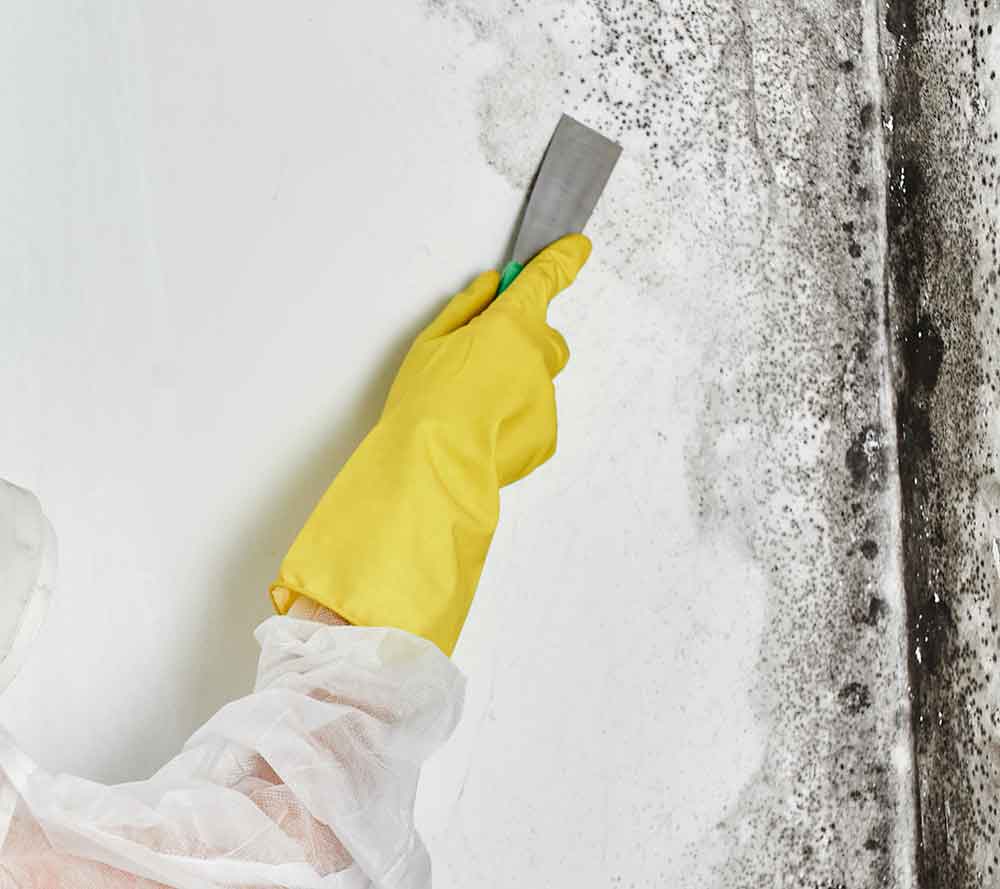Mold Testing Services Houston TX involves the collection and analysis of samples from indoor environments to assess the presence, type, and concentration of mold spores. The process of mold testing typically includes several steps, from initial assessment and sample collection to laboratory analysis and result interpretation.

Understanding the timeframes involved in mold testing is essential for homeowners and property managers to plan accordingly and address mold issues promptly.
Process of Mold Testing
The process of mold testing typically follows these key steps:
1. Initial Assessment
Before mold testing begins, a qualified mold inspector will conduct an initial assessment of the property to identify areas of concern, potential sources of moisture, and signs of mold growth. This assessment helps determine the scope of mold testing and the sampling locations.
2. Sample Collection
Once the assessment is complete, the mold inspector will collect samples from various locations within the property using specialized sampling equipment. Samples may be collected from surfaces, such as walls, ceilings, and floors, as well as from the air using air sampling devices.
3. Laboratory Analysis
After sample collection, the samples are sent to a certified laboratory for analysis. Laboratory technicians use microscopy or culture-based methods to identify and quantify mold spores present in the samples. This process typically takes a few days to a week, depending on the laboratory’s workload and analysis techniques.
4. Result Interpretation
Once the laboratory analysis is complete, the mold inspector will interpret the results and provide a detailed report outlining the types and concentrations of mold spores detected, as well as any recommendations for remediation or further action.
Timeframes for Mold Testing in Houston
The timeframes for mold testing in Houston can vary depending on several factors, including the size of the property, the number of samples collected, laboratory processing times, and the complexity of the analysis required. In general, the process of mold testing in Houston can take anywhere from a few days to several weeks to complete.
1. Sample Collection
The time required for sample collection depends on the size of the property and the number of sampling locations identified during the initial assessment. For small residential properties, sample collection can typically be completed in a few hours. However, larger properties or buildings with multiple levels may require more time for thorough sampling.
2. Laboratory Analysis
After sample collection, the samples are sent to a certified laboratory for analysis. Laboratory processing times vary depending on the laboratory’s workload and the analysis techniques used. In Houston, mold testing laboratories typically take anywhere from a few days to a week to complete the analysis and provide results.
3. Result Interpretation
Once the laboratory analysis is complete, the mold inspector will interpret the results and prepare a detailed report for the client. The time required for result interpretation depends on the complexity of the analysis and the extent of the findings. In most cases, mold inspectors can provide clients with a comprehensive report within a few days of receiving the laboratory results.
Factors Affecting Testing Duration
Several factors can affect the duration of mold testing in Houston:
1. Property Size
The size of the property being tested can significantly impact the time required for sample collection and analysis. Larger properties typically require more extensive sampling and may take longer to assess thoroughly.
2. Number of Samples
The number of samples collected for analysis can affect testing duration. Properties with multiple sampling locations or areas of concern may require more samples, leading to longer processing times at the laboratory.
3. Laboratory Processing Times
Laboratory processing times vary depending on the laboratory’s workload, analysis techniques, and the complexity of the samples. Some laboratories may offer expedited processing for an additional fee, while others may have longer turnaround times during peak seasons.
4. Analysis Techniques
The analysis techniques used by the laboratory can also influence testing duration. Some methods, such as microscopy, may provide quicker results, while others, such as culture-based methods, may require more time for incubation and analysis.
5. Complexity of Results
The complexity of the results and the extent of mold contamination detected can affect the time required for result interpretation. Mold inspectors may need additional time to review and interpret complex findings and provide appropriate recommendations to the client.
Conclusion:
Mold Testing Services Houston TX is an essential process for identifying and addressing mold contamination in homes and buildings in Houston. While the timeframes for mold testing can vary depending on factors such as property size, sample collection, laboratory processing times, and result interpretation, homeowners and property managers can expect the process to take anywhere from a few days to several weeks to complete. By understanding the process and factors affecting testing duration, individuals can plan accordingly and take prompt action to address mold issues and maintain a safe and healthy indoor environment.
Mold Testing Houston- North Loop
2950 N Loop W #500, Houston, TX 77092, United States
1-832-409-2125
